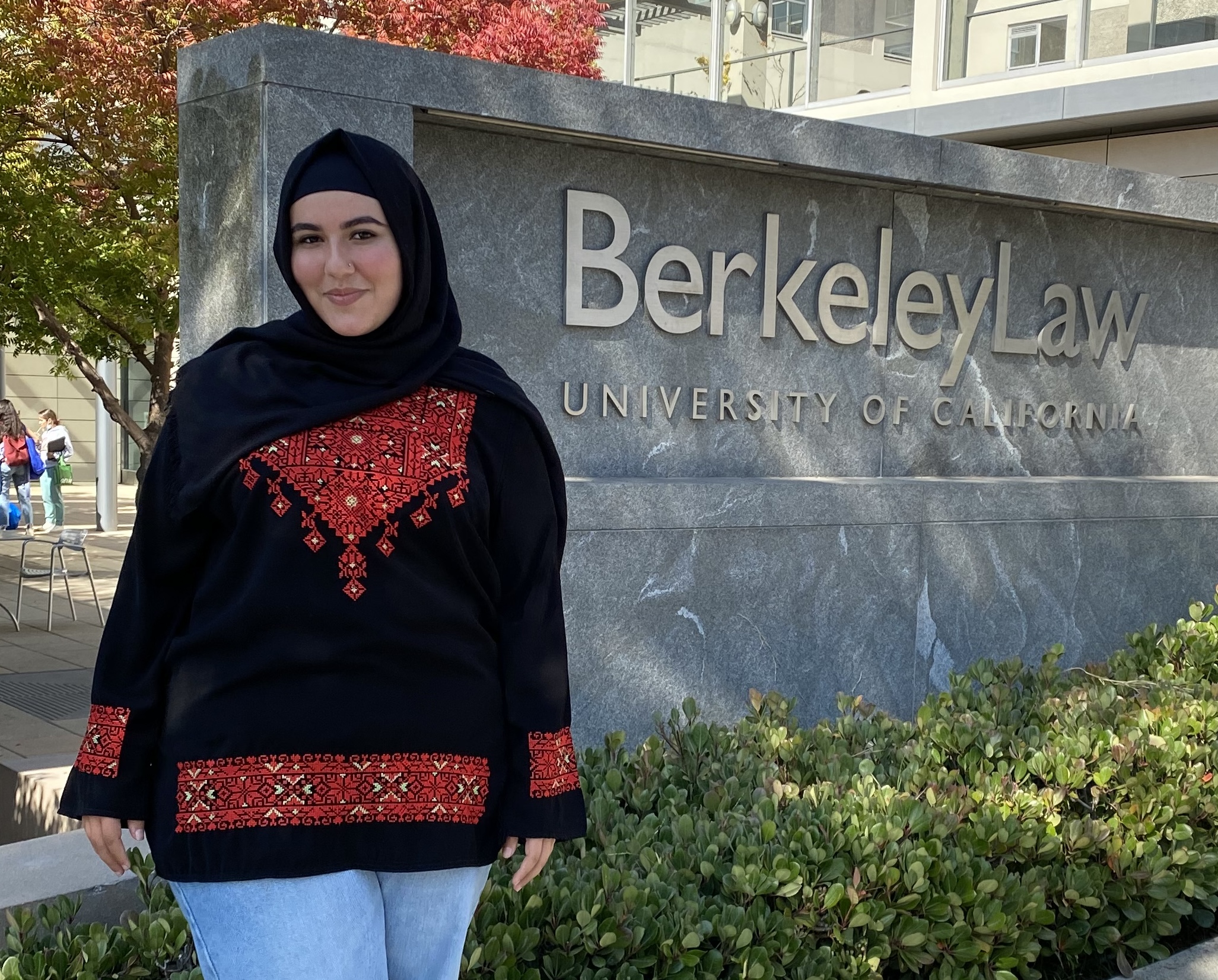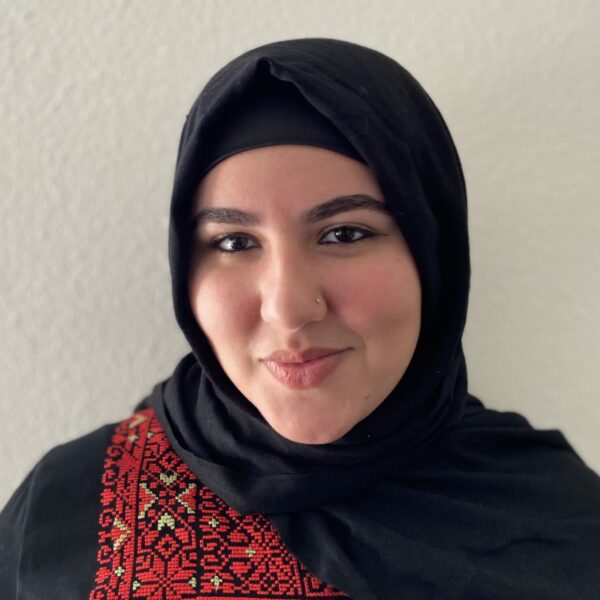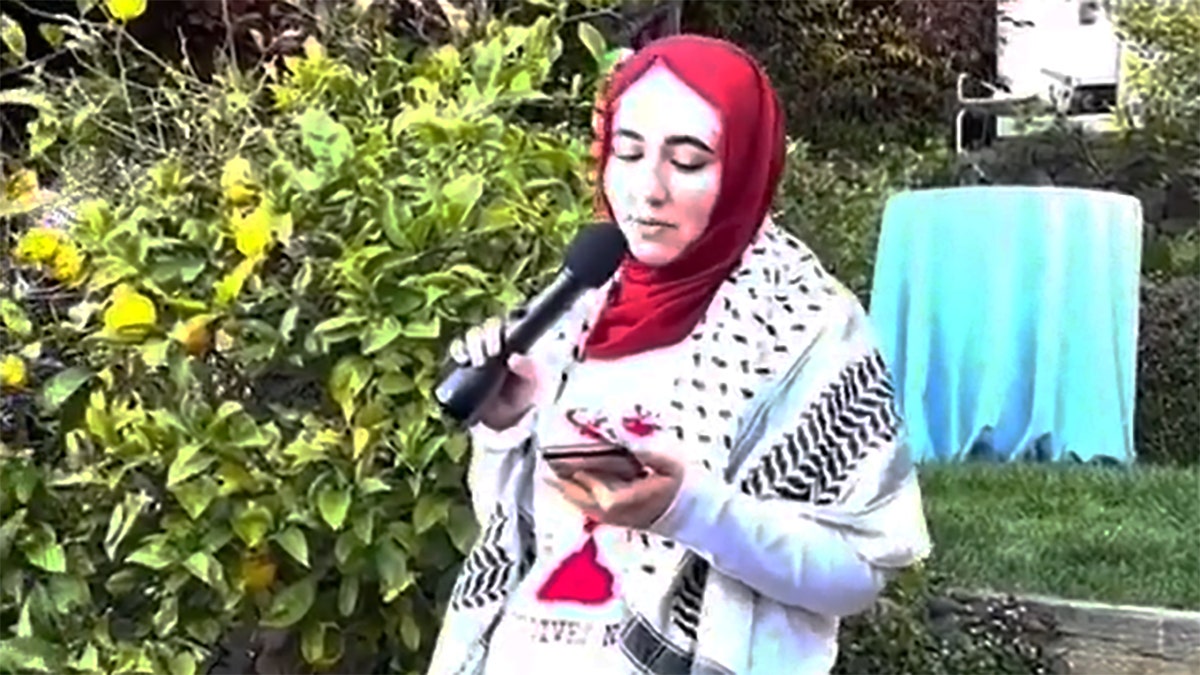Is freedom of speech absolute, even when it clashes with private property rights and concerns of safety? The recent events at the University of California, Berkeley, involving law student Malak Afaneh and a dinner hosted by Dean Erwin Chemerinsky and his wife, Professor Catherine Fisk, have ignited a complex debate about the boundaries of protest, the limits of expression, and the responsibilities of both individuals and institutions.
The incident, which quickly went viral after video footage surfaced online, unfolded during a dinner event. As part of a larger protest concerning the war in Gaza, Malak Afaneh, a graduating law student, took the microphone to deliver an unscheduled speech. The intention was to commemorate Ramadan and draw attention to the ongoing conflict and the plight of Gazans. However, Dean Chemerinsky and Professor Fisk, in their private residence, requested that she leave.
This seemingly simple request quickly escalated into a highly contentious situation. According to reports and video evidence, Professor Fisk is alleged to have physically interacted with Afaneh, an action that has since prompted a Title IX civil rights investigation by UC Berkeley. The details of this interaction are still under scrutiny, with conflicting accounts of what transpired. However, the core of the controversy centers on whether Afaneh's actions constituted protected speech and whether the response by Chemerinsky and Fisk was proportionate or excessive.
Adding further fuel to the fire, Afaneh has asserted her First Amendment right to protest, even on private property, citing legal counsel from the National Lawyers Guild. This claim has raised crucial questions about the balance between free speech and private ownership. The university's financial investments, and their potential connections to the issues being protested, have also been brought under scrutiny, as Afaneh and others have sought to draw attention to these investments.
| Category | Details |
|---|---|
| Full Name | Malak Afaneh |
| Known For | UC Berkeley Law Student, Activist |
| Current Status | Graduating Law Student (as of the time of the incident) |
| Activism | Focus on issues related to Palestine, including protests against the war in Gaza and scrutiny of the university's investments. |
| Controversies | Involved in a confrontation during a dinner hosted by Dean Erwin Chemerinsky and Professor Catherine Fisk. Accusations and counter-accusations of harassment and inappropriate conduct. |
| Professional Affiliations | Former President of Berkeley Law Students for Justice in Palestine (LSJP) |
| Legal Action/Investigations | Subject of a Title IX civil rights investigation by UC Berkeley. |
| Political Views | Advocates for Palestinian rights; has expressed views critical of Zionism and support for Palestinian causes. |
| Public Statements | Made statements related to the incident, including claims of a First Amendment right to protest and expressing her views on the university's investments. |
| Reference | New York Times Article on UC Berkeley Protests |
The situation has also highlighted the significant role social media plays in shaping public perception. Video footage of the confrontation quickly spread online, leading to widespread discussion and debate. This amplified the reach of the incident and contributed to the escalating controversy. The visual evidence has become a key piece of the narrative, influencing how the public interprets the events and the motivations of those involved.
Adding another layer of complexity, accusations of antisemitism and support for a designated terrorist group (PFLP) have been leveled against Afaneh. These accusations are serious, as the PFLP has a history of violence. If proven true, these allegations could significantly alter the perception of Afaneh's actions and the broader context of the protest. It is important to note that these accusations are, at this point, unverified and subject to further investigation and public scrutiny.
The incident triggered a wave of responses, including an immediate civil rights investigation. The university is tasked with carefully examining the events and determining whether any policies or laws were violated. The investigation will likely delve into the specifics of the interaction, including the actions of both Afaneh and Professor Fisk. The outcome of this investigation will have important implications for the individuals involved and the broader campus community. Beyond the specific investigation, the events have also sparked broader discussions about campus climate, the responsibilities of faculty, and the rights of students to express their views. These discussions often involve how universities should balance free speech with the creation of an inclusive and safe environment for all members of the community.
Further complicating matters, it has come to light that Malak Afaneh served as the president of Berkeley Law Students for Justice in Palestine (LSJP). This connection is significant because it provides context regarding her activism and underscores her deep engagement with the Palestinian cause. This role potentially sheds light on her motivations for participating in the protest and the intensity of her commitment to the issues at hand. This information is vital in any comprehensive understanding of the situation and contributes to understanding how the issues of freedom of speech, protest, and the conflict in Gaza intersect.
The repercussions of the incident have extended beyond the immediate parties involved, generating dialogue among students, faculty, and the wider public about the responsibilities and limits of free speech, particularly in the context of political expression. This includes conversations regarding the role of universities as spaces for debate and the balance that must be struck between protecting free speech and ensuring a safe environment for everyone. The case has thus become a microcosm of larger societal debates about how to approach complex and sensitive topics.
The call for a boycott of the dinner series hosted by Dean Chemerinsky further escalated tensions. As more details emerged and the narrative evolved, this call became contentious, resulting in strong reactions and raising questions about the ways in which individuals can express disagreement and the impact of such actions on university life. This dynamic underscores the difficulty of finding common ground in highly charged political environments and provides a case study on the challenges facing university administrations when confronting conflicting viewpoints.
In her public statements and online presence, Malak Afaneh has consistently presented her perspective on the events, framing her actions as a legitimate exercise of free speech and a necessary act of solidarity. She has emphasized the importance of holding institutions accountable, and of raising awareness about issues she considers critically important. Her statements, in essence, provide insight into her perspective on the situation, which has the potential to influence how individuals perceive the matter, and also emphasizes the power of individual narrative to shape opinions and incite debates within public discourse.
Moreover, the incident has triggered intense debate about the university's stance on the Israel-Palestine conflict. Some critics argue that the university has not adequately protected the rights of students expressing pro-Palestinian views, while others contend that the university has not effectively addressed concerns about antisemitism on campus. This division underscores how this single incident has sparked a discussion about the role of the university in addressing these global political issues and fostering a diverse range of opinions. This larger context highlights the profound difficulties universities face when dealing with complex international conflicts and the challenge of maintaining neutrality and promoting open debate.
The events at UC Berkeley serve as a compelling case study, encapsulating the challenges that colleges and universities now face. They are caught between the need to foster intellectual freedom and the pressing requirement to create a safe, inclusive community, with the added difficulties of maintaining neutrality amid intensely debated political issues. The intersection of these factors demonstrates the complexities of modern higher education and the crucial role universities play in navigating some of the most divisive societal issues of our time.
The case has brought to light the need for clarity regarding the boundaries of free speech, protest, and the safety and rights of all members of the university community. As the investigation progresses and more information comes to light, it is vital to take into account all perspectives and ensure that any resolution aligns with the principles of justice, fairness, and respect for all.


